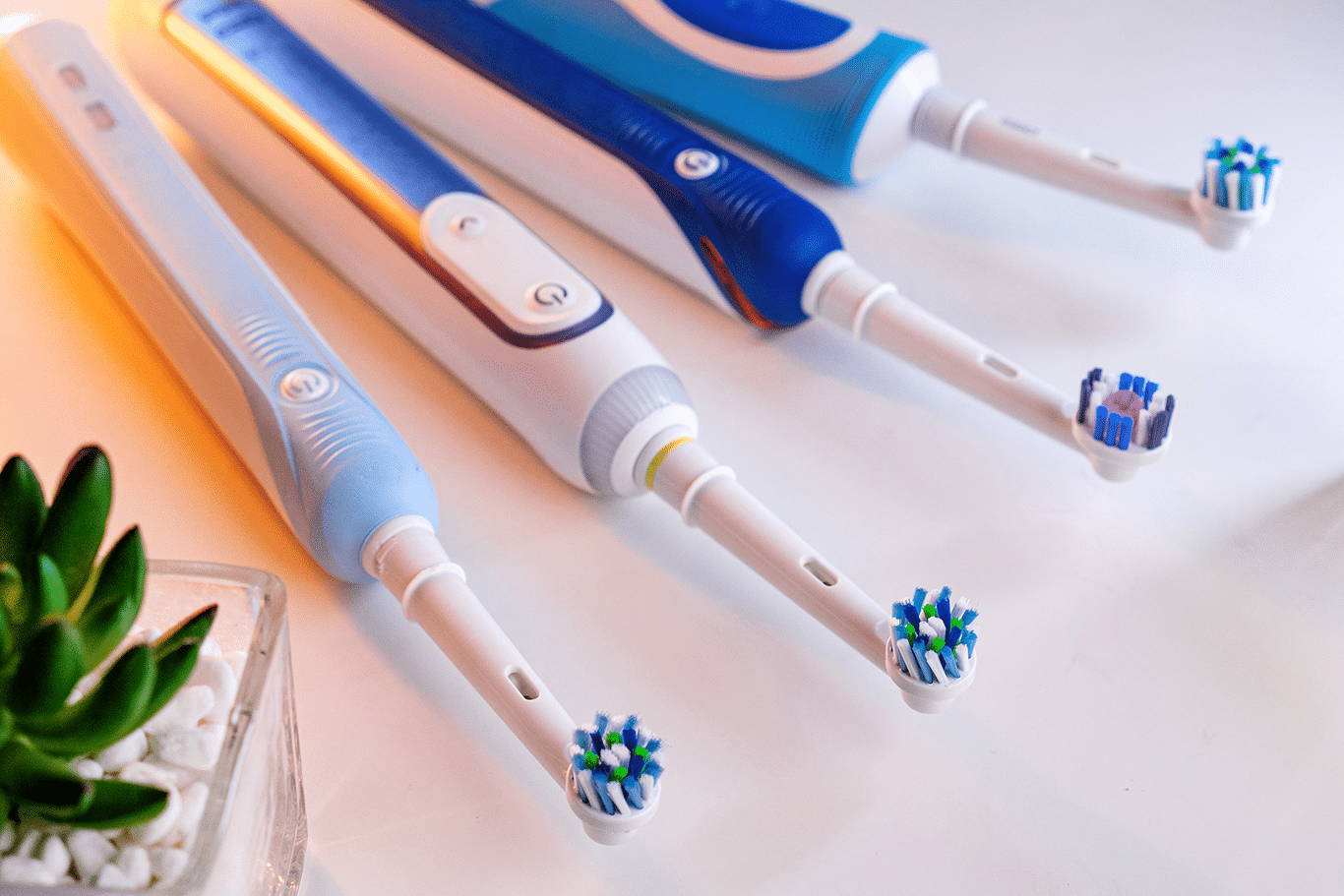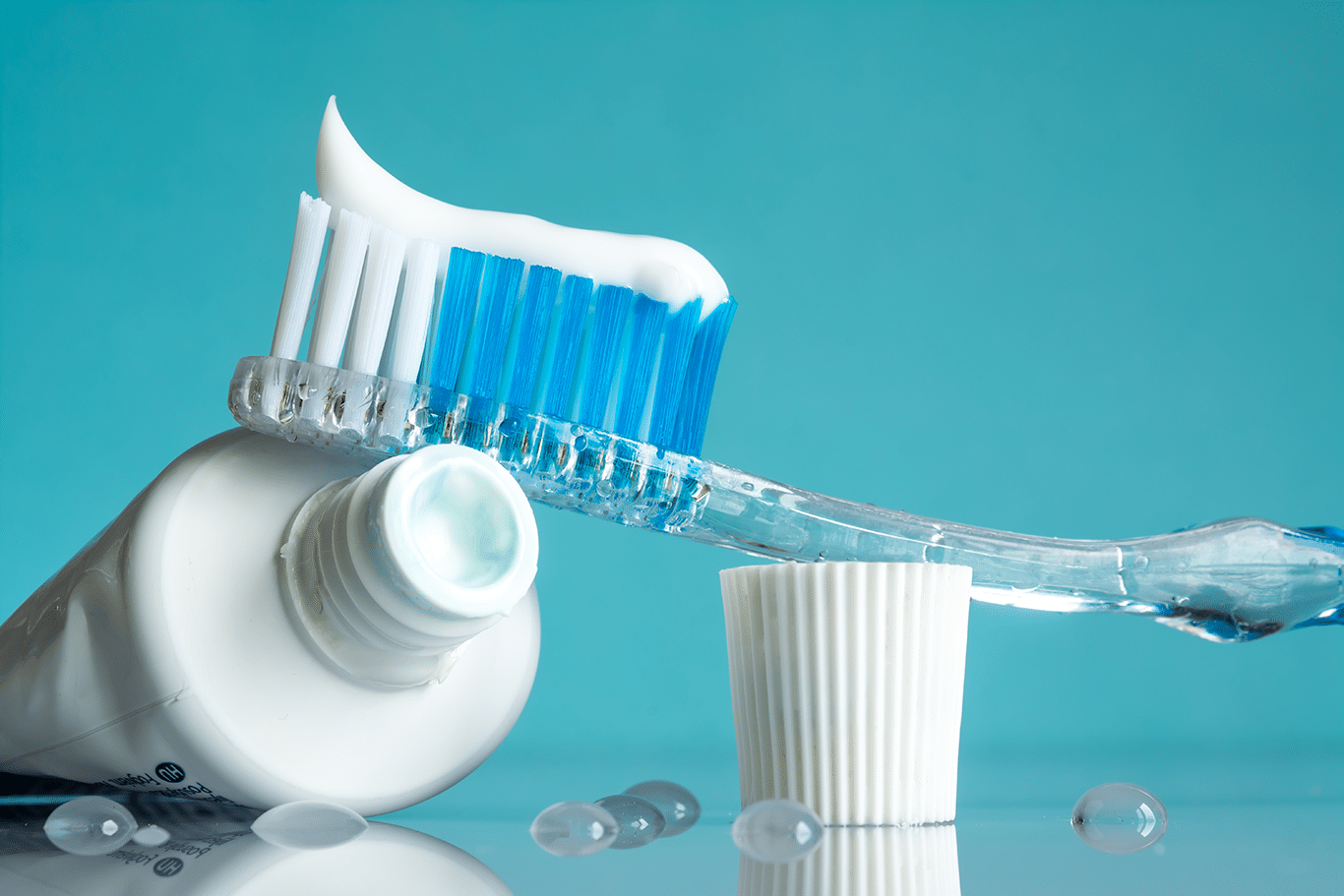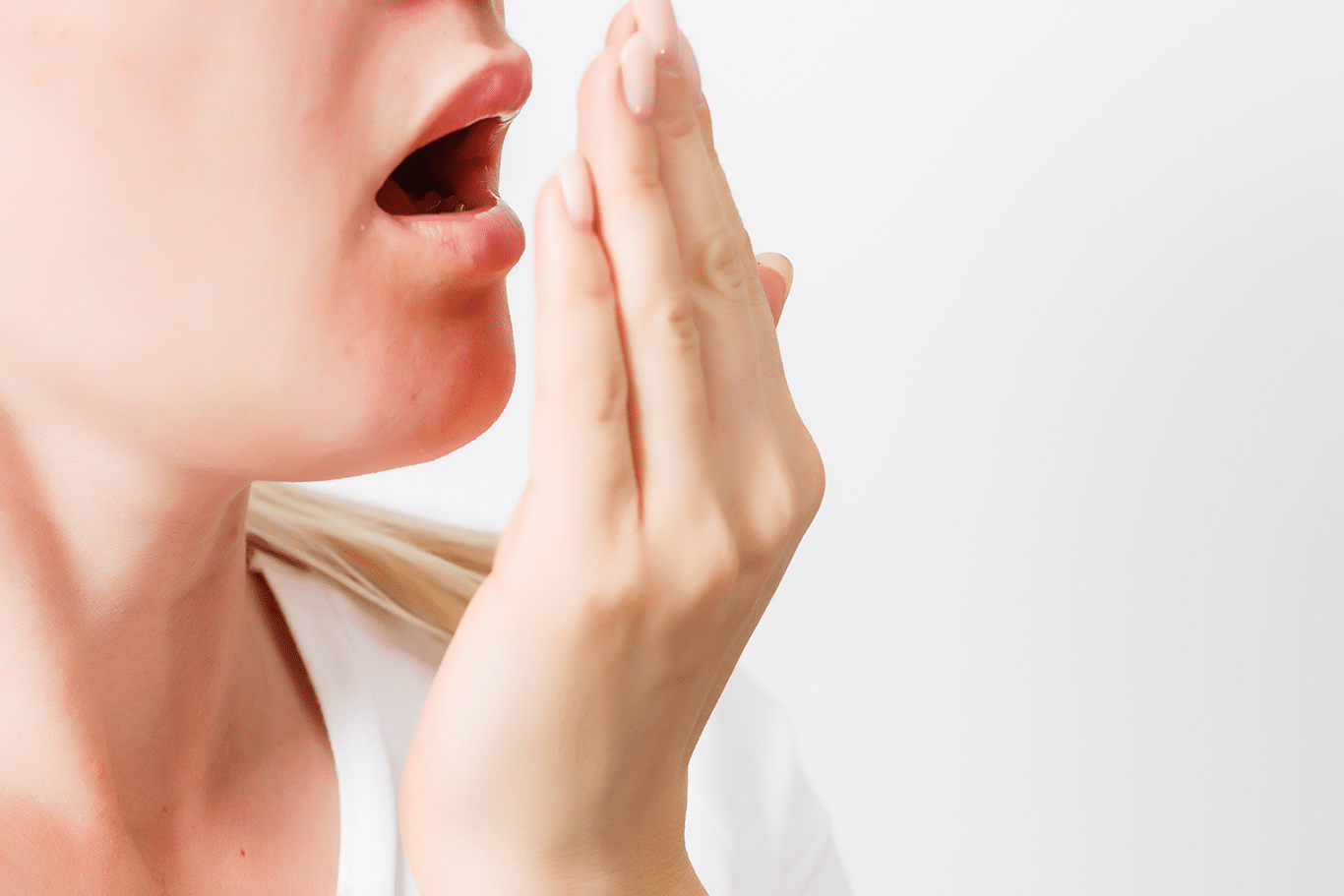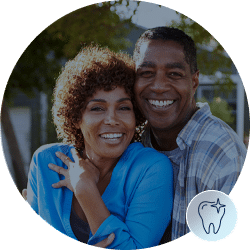Your Oral Health Affects Your Overall Well-Being.
Normally, your natural immune system defenses as well as good oral health care, such as daily brushing and flossing, keep bacteria under control. However, without proper oral hygiene, bacteria can reach levels that might lead to oral infections, such as tooth decay and gum disease and contribute to other illnesses like heart disease, respiratory infections, or even Alzheimer’s, among others.
Combine proper home oral health care and regular visits for the best in dental care with us!

Electric Toothbrushes
There have been multiple studies comparing the effectiveness of manual vs. electric toothbrushes. We feel strongly that an electric toothbrush is far superior than manual brushing. Although not all electric brushes are the same, studies conclude that electric brushes are more efficient in controlling plaque than manual toothbrushes. Our preferred electric toothbrush is Sonicare®. Let us help you pick the right model for your needs.

Fluoride and Decay Prevention
Many years ago, scientists started to notice that children who were born and raised in areas with natural fluoride in drinking water had fewer cavities than children in other areas. Fluoride absorbed by your body when teeth were forming (during a mother’s pregnancy to early childhood) integrates into the structure of enamel and makes it stronger.
After teeth eruption, fluoride found in your toothpaste, mouthwash, or in what your dentist places on your teeth still has a positive effect on your teeth. It strengthens the enamel and reduces the chance of tooth decay.

Bad Breath
There are a few different causes of bad breath, ranging from stomach problems to diet and teeth problems. Most of the causes can be found in the mouth.
They are:
- Tongue (when bacteria grow in between the papilla)
- Teeth cavities (especially when food particles get stuck in them)
- Gum diseases
- Extraction sites during healing
- Dentures when not cleaned properly
- Alcohol and tobacco
The first step in treating bad breath is a dental checkup. Dr. Mullaney & Raelle will be able to confirm or rule out the source of the bad breath.
When the cause is found, treatment will be determined and explained to you. If the source of the bad breath is your mouth, there is little chance that mouth washes or mints can treat the problem. They usually mask the problem for a short period of time, and can sometimes exacerbate the situation (mouthwashes that contain alcohol cause dry mouth and usually make the bad breath worse).
These are a few other, non-dental reasons that cause bad breath:
- Sore throat
- Tonsillitis
- Some food
- Infection of air passages
Following a good oral hygiene routine and receiving regular dental checkups are the best ways to prevent bad breath.

Dental Health and Your Diet
Sugar is the main cause of dental decay when bacteria are present. However, the frequency of your sugar consumption is more significant than the amount of sugar you eat.
Probably the worst thing you can do to your teeth is to drink a soda and have a sip every few minutes over a long period of time; the same is true for snacking. It is recommended that if you want to have a snack, soda, or juice, it is better to have it after food, as dessert, or have it in one sitting. Eating or drinking something sweet over an extended period of time creates a constant supply of sugar for bacteria that causes tooth decay!
It is important to be aware of all the possible sources of sugar out there. It is not just everything that is sweet, but anything that can turn to sugar, like pieces of bread. Cutting down your sugar intake is good for cavity prevention, as well as your general health.
But what about when you have to have sugar? The best way to avoid cavities is to prevent the sugar from staying next to your teeth. Brushing after eating sugar, rinsing your mouth with Fluoride mouth wash, or chewing sugarless gum can help. However, nothing has the effect of avoiding sugar!
Is there any kind of food that prevents tooth decay? Not really. Some people believe that chewing foods like apples and carrots may have some plaque removal effects, but they still contain some sugar, so any advantage is not clear.
Another group of food that causes significant damage to teeth structure is acidic food. If in frequent contact with teeth, things like limes, lemons, and grapefruits can cause serious irreversible damage (erosion) to your teeth.




